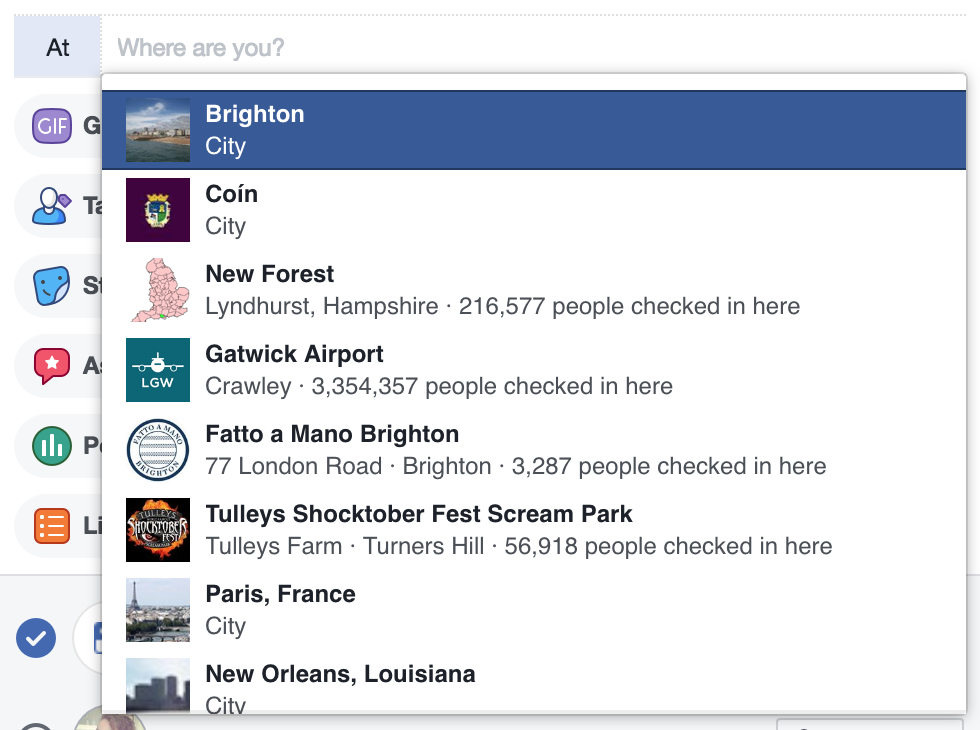Every week it seems a new security breach is hitting the headlines so we can be forgiven for thinking the online world is a dangerous place.
Earlier this year, Facebook was lambasted for sharing user data with third party apps, while those with Androids were shocked to learn that their mobile was tracking their every move thanks to built-in location tracking tacked onto Maps and Photos.
And then there was the Amazon Echo incident, where customers realized their every interaction was being gathered together to build a case about who they are and their shopping habits.
So yes, we’d be forgiven for thinking the online world is a scary place.
Sure, the internet has impacted our lives in amazing ways, but there is a dark side just like with everything else.
But because we’ve been so eager to dip our toes into the countless benefits that the internet brings (being able to communicate with anyone, anywhere is pretty priceless), we’ve lost some of our personal privacy along the way. It’s kind of an exchange – we let you do this in exchange for this information about yourself.
This isn’t about to stop anytime soon.
We like the freedom to contact someone on the other side of the world with the click of a button. We like being able to next-day-deliver something we’ve coveted for all of five minutes. We like being able to read our favorite news stories without having to shell out for a hard copy.
Handing over our data for online freedom is the price we pay. Everything we do on the web leaves a digital trail that can be swept up and used by corporations and governments.
The problem is in the transparency of it all. Legalese in tiny fonts that are unreadable with the naked eye pull the wool over users’ eyes. We want to sign up to Twitter so we can see what everyone’s saying about the latest celebrity scandal, so we blindly tick the “yes” box without really agreeing to have our data scraped through and sold on for who knows what purpose.
Giving away even the tiniest snippets of data about yourself can leave you at risk from less-than-stellar companies, but there are steps you can take to limit how much data is siphoned from your internet activity.
If you’re not tech savvy and don’t know how to navigate the ins and outs of the World Wide Web, let us help you out.
Encrypt Your Email
Email is not going anywhere anytime soon. In 2017, more than 270 billion emails were sent, a number that’s set to increase to 320 billion by 2020.
We hear all the time about email accounts getting hacked, and this form of online communication has been hailed as the absolute worst for security. This is because a single email message gets passed around several different servers before it reaches its final destination.
You can keep the content of your messages private with encryption. Some email providers already offer this as standard, but for others you might need to download an add-on or a plugin. When it comes to the metadata that accompanies your emails though (the sender, receiver, time stamps etc), there’s nothing you can do as the internet routing system needs this information to do its job.
Hide Your History
We often get sucked into a wormhole on the internet and find ourselves knee deep in cute cat videos when all we wanted was to find a review for the new washing machine we’ve got our eye on.
It’s hard to believe that anyone would be interested in the meandering trail we took to get to the cat videos, but this information can be used by companies to know what sites we visit the most and how we get from one to the other.
This log of sites you visit is known as your “clickstream”, and you can take a look right now at the online journey you’ve taken over the past day by simply clicking “History” and then “Full Browsing History” when your browser is open.
This information isn’t private unless you always browse the web in Incognito mode so the sites don’t retain your Cookies (watch the video below to understand what Cookies are), or to download a free tool that obscures your clickstream.
Video:
Get Savvy with Your Social
It always seems to be social media sites hitting the headlines with privacy concerns (we’re looking at you, Facebook), and that’s because social channels are filled with a bounty of information about their users; from date of birth to restaurants you regularly check into and your closest friends, these sites literally have an incredible low-down on you.
But again, it’s the price we pay to stay in the loop and to share filtered pics with our nearest and dearest.

Credit: www.shopcatalog.com
The best advice here for eliminating any chance of your data being scraped and used elsewhere is to delete all of your social media accounts.
If that seems too drastic, give yourself peace of mind by having your accounts on the highest security settings possible (here’s a great guide to help you do that) and leaving out any identifying information like your date of birth or your home town.
We can’t control what others post on social media (and sometimes they’ll post stuff about us that disappears into the ether), but we can control what we hand over to the grasping hands of big corporations.
Leave Your Location Out of It
There’s something thrilling about checking into a new place, whether we’re humblebragging about visiting the latest high-end restaurant or simply want people to know that we’re Out There Having Fun.

But location data can be incredibly valuable if it falls into the right hands.
Think about it: not only are you providing information about where you are and what you’re doing there, you’re handing over data like what time of day you like to do that activity, and you’re even giving nearby locations the chance to target you with ads while you’re in the vicinity.
The answer here is simple: turn off your location when you don’t need it and avoid using sites that require you to “check in” or need location information.
Other Things You Can Do
Encrypting your email, being elusive with your social media information, and avoiding the lure of “checking in” are good starting points for protecting your online data privacy.
But, taking it further, you can ensure that your password across everything is not something that can easily be guessed. Instead of having a password, go for a passphrase that is made up of multiple words, numbers, and symbols.

And, when it comes to your search engine habits, be ruthless.
Many of the big search engines make a note of your searches and build a profile of you to serve up relevant ads. If you want to avoid this, you need to avoid the big guys and instead use a search engine that doesn’t track your every search term (the oddly-named DuckDuckGo is good for this).
Protecting online data is a big concern for most internet users, but for the tech-phobic it can be truly terrifying, especially if you don’t even know how to start protecting yourself.
Hopefully these tips will point you in the right direction and help you get your privacy back under control, pronto.


